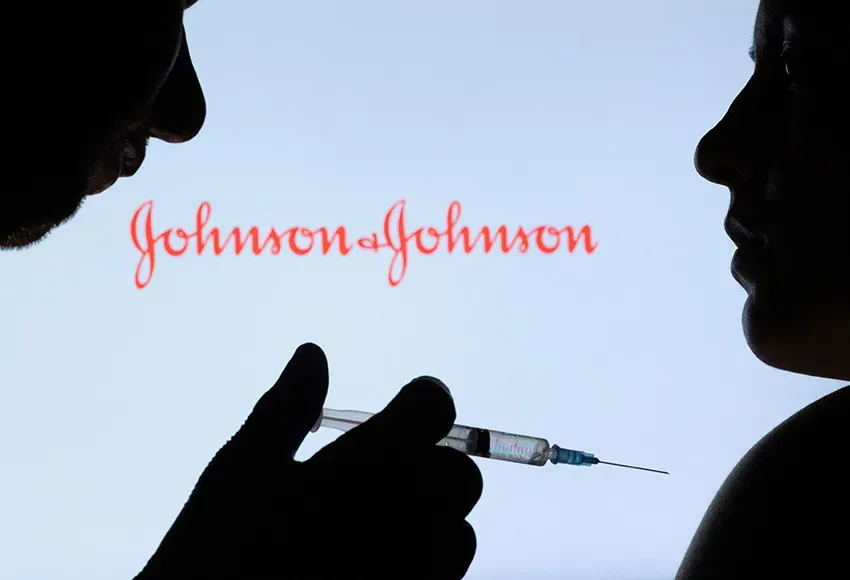Johnson & Johnson will discontinue its latest HIV vaccine trial, the company said, after deciding that its formula was proving ineffective.
Johnson & Johnson's research arm, Janssen, partnered with the National Institute of Allergy and Infectious Diseases (NIAID) on the trials.
A spokesperson for NIAID said, "It's not the outcome we had hoped for, unfortunately. The development of a safe and effective HIV vaccine has been a considerable scientific challenge, but we will learn from this study and continue forward."
Mitchell Warren, director of the prevention advocacy organization AVAC, commented: "We always hope that efficacy trials will show positive results that lead to new prevention options... [but] the hard truth is the science of HIV vaccine development is extremely challenging."
Scientists say that developing and HIV vaccine is especially challenging because the virus mutates rapidly, allowing it to evade the body's immune system. As a retrovirus, it can hide in cellular DNA and remain latent even in patients taking antivirals. This makes it impossible for the human immune system to locate the virus.
In the Janssen/NIAID study, 3,900 Gay men and Transgender individuals received the HIV vaccine or a placebo. All participants had previously declined to take PrEP. The study was due to end in early 2024.
The latest attempt at a vaccine showed some efficiency in earlier trials, but results were not good enough for Johnson & Johnson to consider releasing it to the market.
Dr. Penny Heaton of Janssen said of the latest trial failure, "We are disappointed with this outcome and stand in solidarity with the people and communities vulnerable to and affected by HIV.
"Though there have been significant advances in prevention since the beginning of the global epidemic, 1.5 million people acquired HIV in 2021 alone, underscoring the high unmet need for new options and why we have long worked to tackle this global health challenge. We remain steadfast in our commitment to advancing innovation in HIV, and we hope the data from Mosaico will provide insights for future efforts to develop a safe and effective vaccine."
Fortunately, PrEP is highly effective at preventing HIV infection. Experts believe that long-lasting injectable or implantable PrEP might prove to be a significant step in ending HIV transmission.


